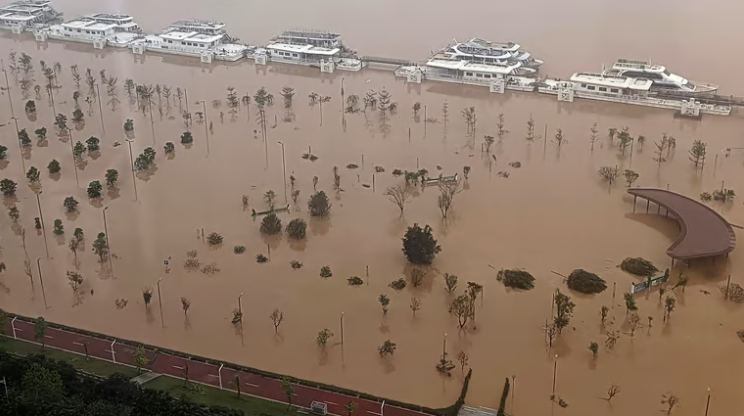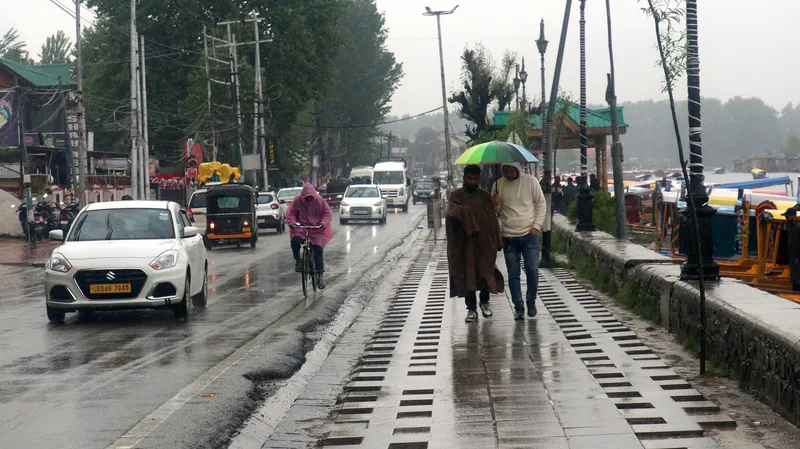A UNICEF report has made a grave projection about India’s population, forecasting that the country will have 350 million children by 2050. It highlights critical challenges India must address, such as extreme climate and environmental hazards, to ensure the well-being and rights of its younger generation.
The report, titled ‘The future of children in a changing world — the state of the world’s children 2024’ was launched in Delhi on Wednesday. It highlights three global concerning trends namely demographic shifts, climate crises, and frontier technologies which may reshape children’s lives by 2050. The report was launched by Cynthia McCaffrey, Unicef India Representative, along with Suruchi Bhadwal of The Energy Research Institute and Unicef Youth Advocate Kartik Verma.
Although India is expected to see a decline of 106 million children compared to current figures, the report has pointed out that it will still account for 15% of the global child population. Like China, Nigeria, and Pakistan, India will have to bear a significant responsibility in ensuring the rights and well-being of children.
By 2050, as the report has cautioned, children, not only in India, but also worldwide will face dramatically increased exposure to extreme climate and environmental hazards. It predicts that nearly eight times more children will be exposed to extreme heat waves compared to the 2000s.
This climate and environmental crisis will be compounded by the fact that more children will be living in low-income countries, particularly in Africa. In those countries resources to address such challenges are limited without substantial and strategic investments.
McCaffrey stressed the importance of immediate action, saying pointedly, “Decisions made today will shape the world our children inherit. Placing children and their rights at the centre of strategies and policies is essential for building a prosperous, sustainable future”.
The report revealed that nearly one billion children globally are already exposed to high-risk climate hazards.
India ranks 26th on the Children’s Climate Risk Index, with its children facing significant risks from extreme heat, floods, and air pollution, particularly in rural and low-income areas.
The climate crises are projected to disproportionately affect Indian children, impacting their health, education, and access to essential resources such as water. Bhadwal highlighted the urgency of climate action, saying, “Children are vulnerable to both direct and indirect impacts of climate change. By involving them as active agents of change, we can collectively address these challenges”.









